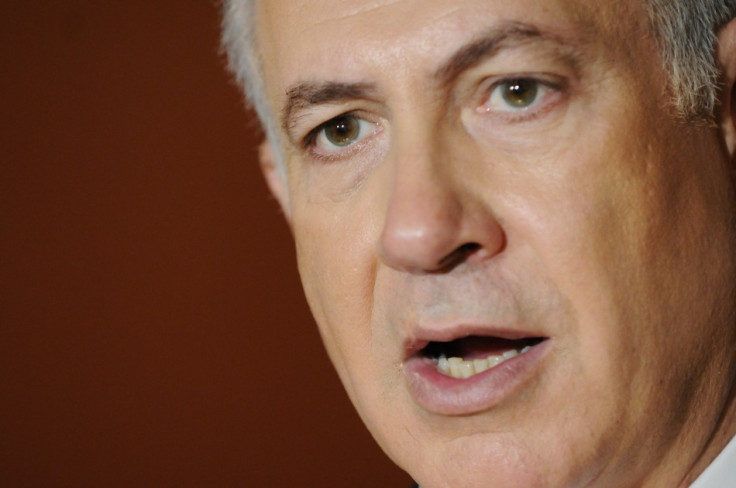Israel Protests: Has Israel Been Hit by the Arab Spring?

As Israel's Prime Minister Benjamin Netanyahu is facing the strongest wave of protests since he took office, he was forced to announce that members of his government would meet protesters to try and calm public discontent.
In the last two weeks, tens of thousands of Israelis have taken to the streets to demonstrate against the rising living costs, putting pressure on Netanyahu and asking for reforms.
This week-end has seen the largest wave of protests hit the country when more than 150,000 protesters gathered at sites across Israel on Saturday night, which analysts say could have been inspired by anti-government protests in neighbouring Arab countries.
Israelis are growing concerned with the increasing gap between rich and poor, high taxes and food prices, the cost of education and call for greater state involvement.
On the other hand, the middle class is also unhappy and insist it has become a de facto minority. Protests over housing started with a tent camp in Tel Aviv, and have since then spread to other cities.
While public support for the demonstrations is broadening every day, Mr Netanyahu's approval rating has recently seen a sharp fall.
Angry demonstrators now call for the Prime Minister to step down, and observers say protests have mobilised people from various political backgrounds and activists now call their movement a "revolution of awareness".
While the protests were at first seen as posing little danger to the coalition government, Netanyahu's latest announcement demonstrates that popular discontent is soaring, and even prompting Shas, the main religious party, to warn that it would be prepared to leave the coalition if the government does not implement new measures, thus prompting new elections.
However promising more reforms, at the start of Sunday's weekly cabinet meeting, Mr Netanyahu pledged ''to change our priorities'' and announced that he would appoint a team of ministers and experts to formulate a plan ''to ease the economic burden on Israeli citizens''.
The Prime Minister said he and his team would ''invite representatives of different groups and various sectors'', before adding that the government is ready to hear the protesters' grievances.
According to Netanyahu, following the planned meeting, the government will adopt a new socio-economic plan, more in line with people's expectations.
The Prime Minister however also issued a warning against ''populist steps that could bring the country to the situation of certain countries in Europe, which have reached the brink of bankruptcy and mass unemployment''.
Finance Minister Yuval Steinitz, widely criticised by the protesters backed Netanyahu's fears as he warned that reforms demanded by the protesters could plunge Israel into a debt crisis similar to those affecting Spain and Greece.
It seems that Netanyahu has met a strong wave of resistance and while meeting protesters and listening to their grievances is a first step, to calm angry and disillusioned demonstrators, the Prime Minister must be ready to deliver new reforms, make concessions, and soften his often hard-line attitude if he wants to remain in power.
© Copyright IBTimes 2024. All rights reserved.





